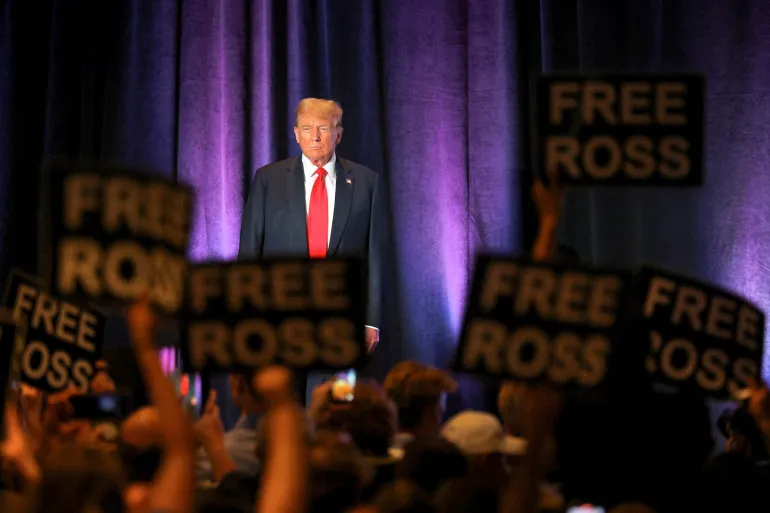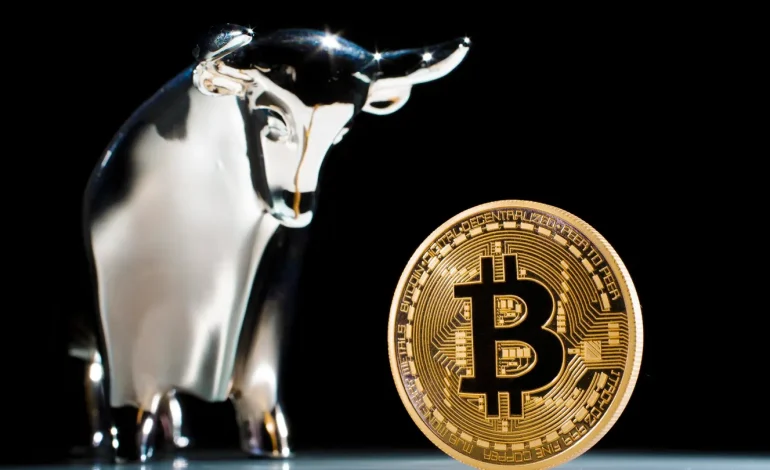Bitcoin prices have paused near the $90,000 mark, following its largest two-day drop since the US election.
The digital asset’s recent rally under the influence of President-elect Donald Trump’s policies has cooled, and uncertainty surrounding his crypto agenda, along with caution in global markets, has taken a toll on investor sentiment.
Bitcoin experienced a near 3% drop over the weekend, falling from its record highs. As of 9:05 a.m. Monday in Singapore, the cryptocurrency had regained some ground, trading at $90,100. The sharp retreat came as traders weighed the potential impact of Trump’s policy decisions on the digital asset market, especially as many of his pro-crypto pledges have yet to materialize.
The recent pullback in Bitcoin’s price mirrors a broader sense of caution that is sweeping across global markets. While US stock market investors initially rallied on expectations of business-friendly policies under Trump, inflation risks associated with his proposed trade tariffs and tax cuts are beginning to temper the euphoria. As a result, investors are recalibrating their expectations for interest rate cuts from the Federal Reserve, which could affect liquidity and speculative demand for assets like Bitcoin.
Bitcoin’s price surge since the election had been fueled by optimism surrounding Trump’s potential to create a more crypto-friendly regulatory environment. However, as IG Australia Market Analyst Tony Sycamore noted, the cryptocurrency may have become “overheated” following its record-breaking advance since the election, with much of the good news already priced in.
Trump, a former skeptic of cryptocurrencies, has promised to create a regulatory framework favorable to the industry, including setting up a strategic US Bitcoin reserve. His shift in stance was partly driven by the digital-asset industry’s heavy involvement in his election campaign. However, with many of Trump’s pledges still in the early stages, uncertainty remains about how quickly these initiatives will be implemented and whether they will be successful.
JPMorgan Chase strategists, including Nikolaos Panigirtzoglou, suggested that while the potential for crypto legislation under Trump is promising, the establishment of a US Bitcoin reserve is unlikely. Regulatory clarity would be a boon for the market, helping to promote venture capital investment, mergers, and acquisitions, as well as the introduction of crypto exchange-traded funds (ETFs) for assets beyond Bitcoin and Ether.
Despite the recent drop, Bitcoin and other cryptocurrencies continue to attract substantial interest. Between November 6 and 13, US exchange-traded funds (ETFs) investing in Bitcoin saw a net inflow of $4.7 billion, according to Bloomberg data. However, about $771 million flowed out of these funds over Thursday and Friday, reflecting some profit-taking following Bitcoin’s all-time high.
In addition to Bitcoin, broader optimism within the crypto space has been bolstered by major corporate players like PayPal expanding into the stablecoin and crypto payment sectors. The US Treasury has also emphasized the benefits of stablecoins and tokenized Treasuries in ensuring financial stability. Despite these positive developments, many industry insiders believe that the recent surge is just the beginning of a larger bull market.
As Bitcoin and other cryptocurrencies reach new highs, experts stress that regulatory progress remains key to sustaining long-term growth. With the upcoming change in administration, there is optimism that the US regulatory framework will shift to a more pro-crypto stance, especially with the expected removal of SEC Chair Gary Gensler. However, it will take sustained effort to ensure that the necessary legislation is passed, and that it is in line with the needs of the growing crypto industry.
Stablecoin adoption remains a critical area for growth. Despite a rapidly expanding market, data from Chainalysis shows that US adoption of crypto, particularly stablecoins, remains limited, with institutional investors driving much of the activity. Policymakers and regulators must focus on encouraging the development and adoption of stablecoins to strengthen the overall crypto market and ensure its integration into the broader financial system.
In addition, investor education is crucial for the continued expansion of the market. With a significant portion of the retail investor base still unfamiliar with the mechanics and risks of crypto, more resources must be directed towards educating the public. This will help mitigate risks associated with speculative bubbles and ensure a healthier investment environment.









